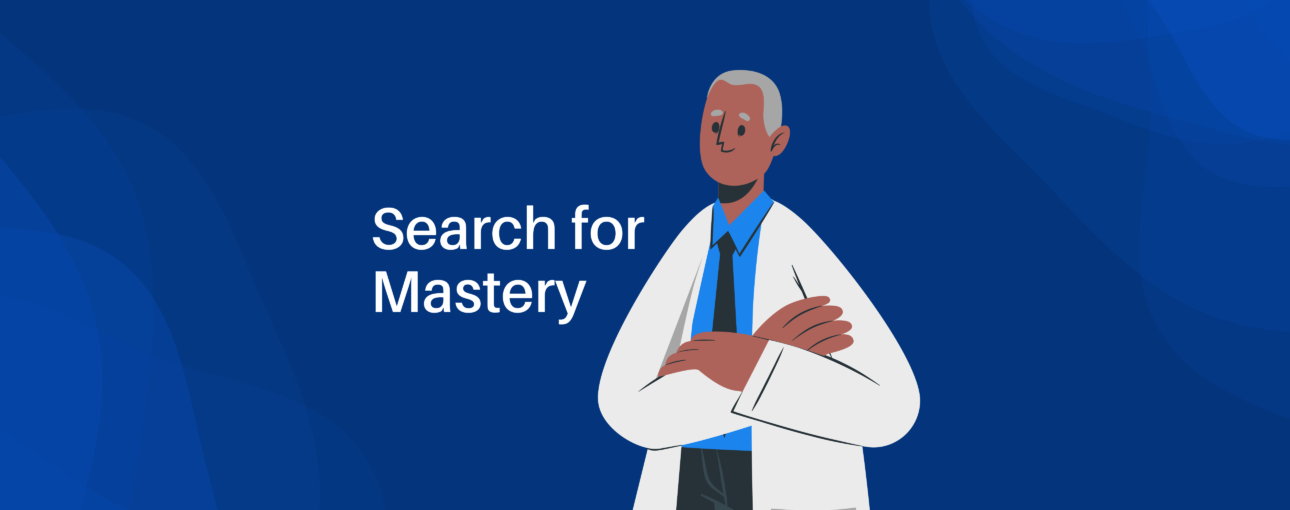Doing anything is easy, but doing it excellently requires consistency and endurance. Knowledgeable people know this, so they believe in doing things with excellence, consistency, and persistence because they want to be the best and get the best out of their effort. Trying to be the best sets you on a quest for mastery and drives you to give your best.
What then is mastery?
The definition of Mastery is simply – “possessing authority, comprehensive knowledge, and skill over a subject.”

Sarah Lewis, an author, and art curator elaborates the definition of mastery as it relates to the craftsperson in her book, Rise: Creativity, the Gift of Failure, and the Search for Mastery:
“Mastery, a word we don’t use often, is not the equivalent of what we might consider its cognate — perfectionism — an inhuman aim motivated by a concern with how others view us. Mastery is also not the same as success — an event-based victory based on a peak point, a punctuated moment in time. Mastery is not merely a commitment to a goal, but a curved line, constant pursuit. Mastery is endurance.”
Mastery is not merely a commitment to a goal. It is about having a sense of attaining excellence in whatever you are pursuing. It takes more than being able to do something that yields results. It requires intense endurance, and the motive to constantly reach an excellent level can be a good deal of this great fulfillment. Because it takes a lot to achieve mastery, it is essential to have the ability to stay focused on what is most important and appreciate your efforts.
“Only one who devotes himself to a cause with his whole strength and soul can be a true master. For this reason, mastery demands all of a person.”
― Albert Einstein
Some tasks you observe some people executing with ease may appear complex to you, but to them, it is not complicated because they have mastered the skill. They see what they’re doing through a different lens from yours. The bladesmith doesn’t forge swords because he can wield them, but he does it so the people who need them can access them in exchange for what he needs. His sense of motivation, endurance, and focus inspires him to create, and with every creation comes practice, leading him to achieve his mastery.
You can apply this concept to your works as well. You create for people who need it. You meet people’s needs. Most knowledgeable workers lack this sense of mastery, which has caused them to fail in their workplace. We can overcome this by creating solutions for those who need our skills, motivating ourselves, and adopting the craftsmanship mindset.
Author and speaker Daniel Pink elaborates on this concept when he describes essential scientific research on motivation in his TED talk on the subject.
Scientists who’ve been studying motivation have given us this new approach. It’s built much more around intrinsic motivation. Around the desire to do things because they matter because we like it, they’re interesting, or part of something important. And to my mind, that new operating system for our businesses revolves around three elements: autonomy, mastery, and purpose.
Autonomy: the urge to direct our own lives. Mastery: the desire to get better and better at something that matters. Purpose: the yearning to do what we do in the service of something larger than ourselves.
The journey to mastery adds value to you and the life of others. Whether you are trying to become better at what you do or motivate others to do well with their skills, the more you create, the better you become. This concept applies to every skill, even marketing, writing, programming, public speaking, designing, or business. You just need to keep practicing to attain the level of mastery.

